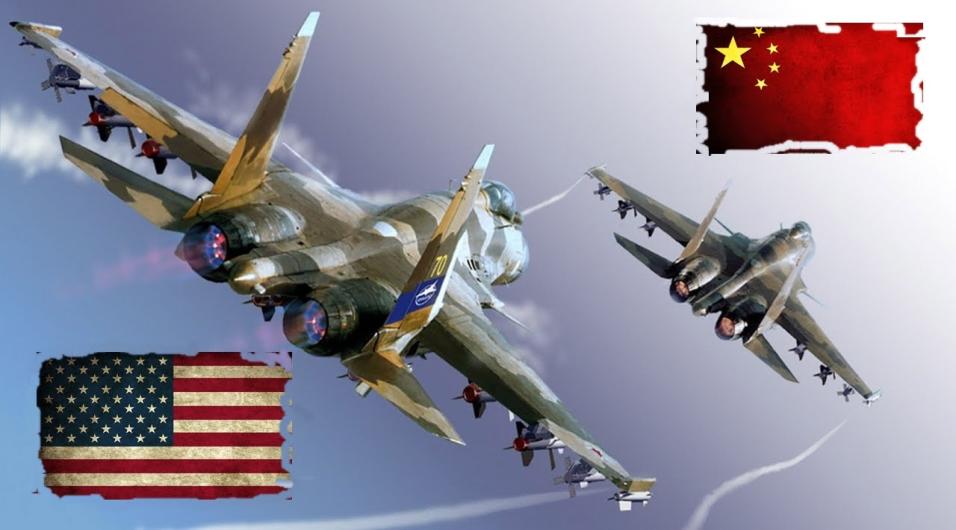
Comparing Military Strength
When comparing military strength between the United States and China, several factors come into play. In this essay, we will delve into the arguments supporting the superior military strength of the U.S. armed forces compared to China, as well as counter-arguments that highlight China's advancements in military capabilities.
The U.S. has superior technology and military equipment. The U.S. allocates a significant portion of its budget towards defense research and development, enabling the country to stay at the forefront of technological advancements in warfare. This investment has led to the U.S. having a history of innovation in military technology, from precision-guided munitions to advanced surveillance systems. Furthermore, the U.S. boasts a larger fleet of advanced aircraft and naval vessels, equipped with state-of-the-art weaponry and communication systems, giving them a strategic edge in modern warfare.
On the other hand, China has a larger active military personnel count, with the largest standing army globally. This vast manpower pool can be mobilized quickly, providing China with an advantage in certain types of warfare scenarios that require sheer numbers. In a conflict of attrition, the sheer size of China's military force could pose a significant challenge for the U.S. and its allies.
The U.S. has a more experienced and trained military force. With a long history of involvement in conflicts around the world, the U.S. military personnel have gained invaluable experience in various combat situations. Additionally, the U.S. military conducts frequent training exercises to ensure readiness and preparedness for any potential threats. The well-established hierarchy and command structure within the U.S. military further enhance its operational efficiency and coordination during military operations.
China has been increasing its defense budget significantly in recent years, with steady growth in funding allocated to modernizing its military equipment and infrastructure. The substantial investment in its defense sector has enabled China to enhance its military capabilities, including upgrading its arsenal with advanced weaponry and technology. China's defense budget, being one of the largest globally, indicates the country's commitment to strengthening its military power and influence on the global stage.
The U.S. has stronger international military alliances, which play a crucial role in enhancing its military strength. The U.S. has formal defense treaties with multiple countries, ensuring mutual support and cooperation in times of need. Leading military alliances like NATO further solidify the U.S.'s position as a key player in global security. Moreover, the U.S. maintains military bases and presence in strategic locations worldwide, enabling rapid response and deployment of forces in critical regions.
China has been developing advanced military capabilities in various domains, including cyber warfare and naval expansion. The investments made by China in cyber warfare capabilities pose a significant threat in the digital realm, where modern conflicts are increasingly taking place. Furthermore, China's expansion of its naval presence in the South China Sea and development of advanced missile technology demonstrate its efforts to assert dominance in the region and project power beyond its borders.
In conclusion, while the U.S. holds advantages in superior technology, experienced military personnel, and strong international alliances, China's growing military prowess cannot be overlooked. The evolving dynamics of military power between these two nations will continue to shape global security landscapes in the years to come.







